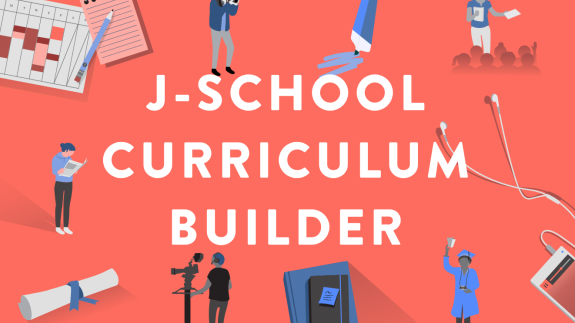Teach Solutions Journalism
Whether you’re teaching the solutions journalism approach to students or incorporating published stories into your curricula, we have resources for you.
Ask journalism professors to name their biggest challenges, and they talk about bracing their students for the broken trust between communities and news providers and helping students develop ways to engage — or re-engage — audiences fatigued by the onslaught of negative news.
Kathryn Thier, a pioneer in bringing solutions journalism to college classrooms, has observed that studying solutions journalism inspires students to analyze how and why stories are framed, constructed and sourced, giving them a deeper understanding of journalism as a whole. Solutions reporting is a skill that newsrooms increasingly demand, and it’s a skill more and more journalism programs are teaching.
To learn more or to inquire about a workshop, reach out to Ja'Nel Johnson-Phillips.

J-School Curriculum Builder
If you are a journalism school professor, this for you. Crafted by educators who have pioneered the teaching of solutions journalism, it includes a range of course materials including syllabuses, in-class exercises, homework assignments and an FAQ that you can apply to an entire course or a module.

Teaching With Solutions Journalism
From environmental studies to public health and beyond, solutions journalism stories can help students understand how to respond to the challenges they see in a rapidly changing world and re-examine social issues through a creative, critical lens.
Be the First to Know
To learn about upcoming opportunities, subscribe to our newsletters. We have several options including Above the Fold for journalists and Making the Grade for educators.


